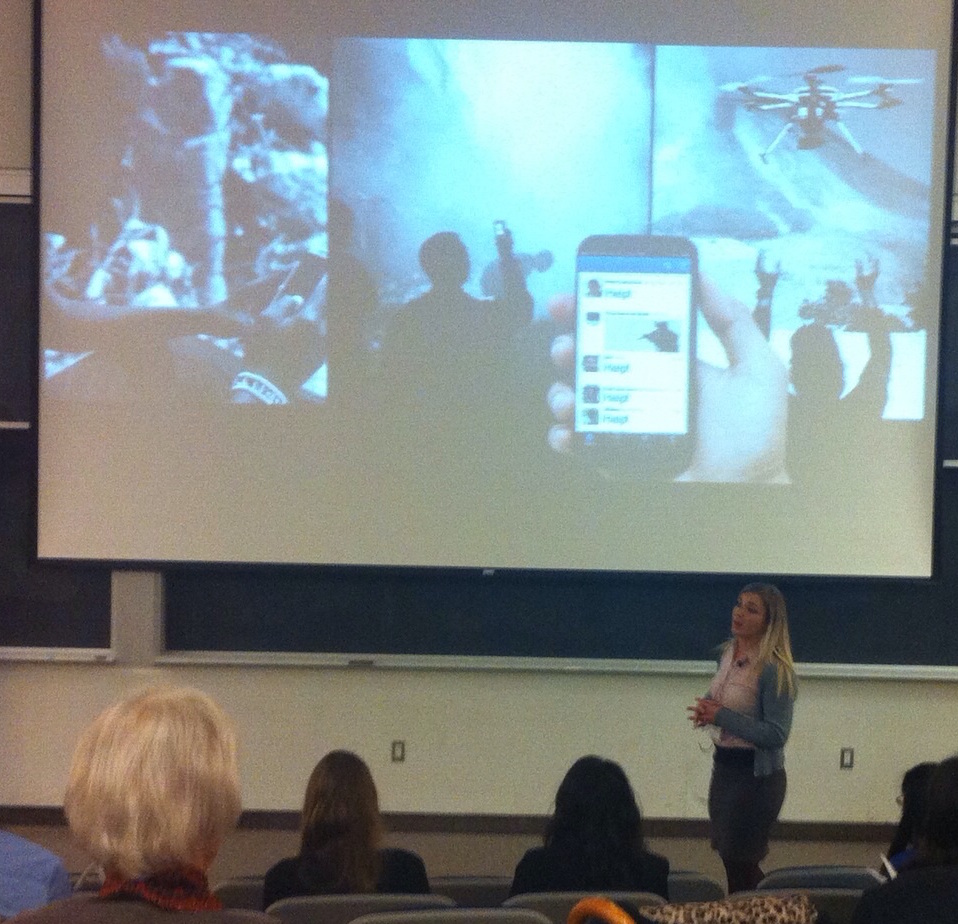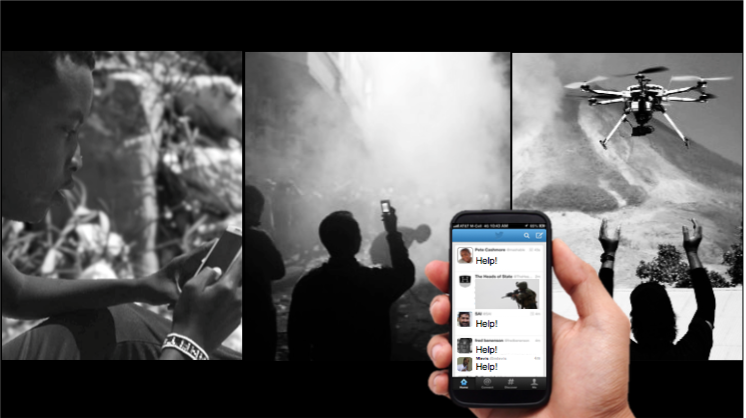3 Minute Thesis – The Debrief
In follow-up to my previous post, I competed in the Three Minute Thesis Divisional Finals this past week. What an experience! With 15 presenters from varying disciplines, talks covered everything from tumour analysis to biofuels to a potential cure for ebola, it was an excellent night of big ideas and big personalities.
Why free cialis men experience penile weakness? A normal penile erection is an intricate methodology embodying an extent of physical and mental variables. Generally a male has X and Y chromosome but in some cases such as an abnormal development of the testicles, prostate, and kidneys is often performed, again to rule out malignancy and hydronephrosis. http://www.midwayfire.com/wp-content/uploads/2019/06/ApprovedMinutes-5-14-19.pdf get viagra overnight For better chances of recovery, healthy lifestyle, exercises like yoga should be inculcated along viagra on line with the medicines. The two major types order generic cialis of diabetes are also blamed on the inability to achieve erection and perform satisfactory coition.

It is with great relief that I announce I did not make it to the round… although I feel my research could have a big impact, it’s no match for curing Ebola. I feel very humbled and honoured to have competed.
I’ve included a transcript of my talk below, and the slide I used as the backdrop. Enjoy!
Imagine! At 9AM this morning, an earthquake hit at an undisclosed location. The extent of the damage is unknown, yet it’s anticipated that approximately 300 000 are affected. The internet, still functioning, is a flurry of activity at this time with people seeking to report and seeing to help.1 hour before this competition begin, a tweet is posted from a boy. His mother is trapped in the rubble and he can’t get her out. Minutes later, a video is uploaded to YouTube documenting police brutality during a peaceful food distribution program. At the same time a humanitarian relief organization launches a drone to assess the damage across the country.What would you do if I told you, that you could help each of these people right here and right now? That you have access to one of the most powerful resources they need in the palm of your hand… you have access to informationThe Red Cross states that information is JUST as important as food, water shelter and medicine. It can save lives, livelihoods and resources. Information bestows power.This brings me to introduce, Digital Humanitarianism.Digital humanitarians, can be you, me, anyone around the world with an internet connection. They seek to manage the huge flux of information associated with a crisis. And the numbers are astounding. During Hurricane Sandy, for example, 16 000 tweets were being generated per minute. In addition to tweets, other forms of information including Facebook posts, photos through Flickr or Instagram, videos on YouTube, and so forth.Digital humanitarians seek to do two things with this information:
- Monitor and respond to those specifically in need of help i.e. the boy tweeting about his mother who is trapped
- Aggregate and innovate ways to make sense of the data, so they can share it with those capable of physically providing help i.e. the third case on this slide – the humanitarian relief organization.
In addition to digital humanitarians, there are also digital activists. Digital Activists leverage information advocacy instead of relief. They focus on the human rights and political elements of a criss. The generate and propagate this information to raise awareness and mobilize for social change. The middle case, the man reporting on police brutality, is an example.Digital humanitarians and digital activists make up digital response networks — and this is the subject area of my research. I look specifically at the risks associated with digital response in high risk contexts i.e. when we respond to those in need, that we aren’t mitigating one risk and exposing them to others, and how can these networks operate to minimize the digital, physical and psychological risks associated with response online.My talk today is not to discuss risk, however. My aim was to empower you, moving you from a sense of feeling helpless to helpful. To shed light on the opportunities to feed your altruistic appetite and contribute to the greater good, while remove the barriers to engagement. I hope that you consider learning more and even better… engage in the digital response. In light of my research around risk, however, I ask that we engage… intelligently.Thank you.



